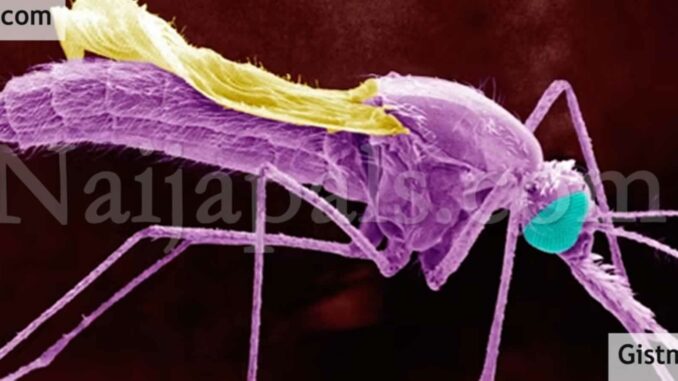
To combat a surge in malaria infections caused by an invasive mosquito vector, genetically engineered mosquitoes have been released in Djibouti, one of Africa’s smallest nations with just over a million residents. This initiative, launched on Thursday, comes as the country grapples with a dramatic rise in malaria cases, skyrocketing from just 27 in 2012 to more than 70,000 in recent years, according to the World Health Organization (WHO). The health body attributes this spike to the arrival of Anopheles stephensi, an invasive Asian mosquito species that transmits the deadly disease.
Unlike most malaria-transmitting mosquitoes in Africa that breed in rural areas, Anopheles stephensi thrives in urban environments, posing a significant challenge for the predominantly urban Djibouti. Grey Frandsen, CEO of US biotechnology firm Oxitec, which developed the gene-modified mosquitoes, stated that this mosquito species “evade conventional tools, is resistant to insecticides, and is a daytime-biter, reducing the efficacy of bed nets.”
Djibouti’s health minister believes the new technology could be a “game changer” in reducing malaria spread. Oxitec’s genetic technique involves releasing genetically engineered male mosquitoes that mate with females, introducing a gene that prevents female offspring from surviving to adulthood, effectively reducing the population of malaria-transmitting mosquitoes.
Frandsen said the technology has been effective in reducing other mosquito-borne diseases like dengue fever elsewhere and is funded by the Bill & Melinda Gates Foundation. Although the rollout in Djibouti is only the second in Africa, the idea is gaining traction on the continent, with Uganda also partnering with Oxitec to combat malaria. Africa bears a significant global malaria burden, accounting for 96% of malaria deaths worldwide in 2021, according to the WHO.
